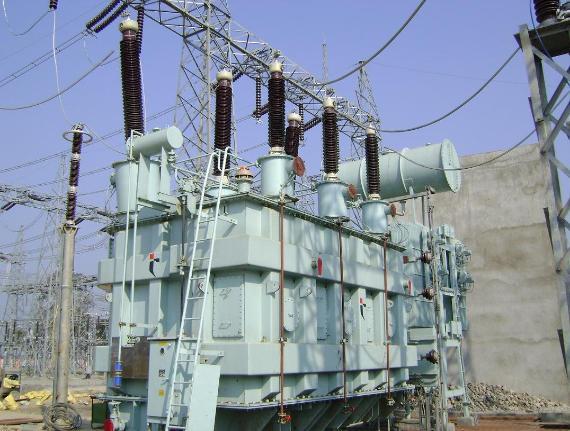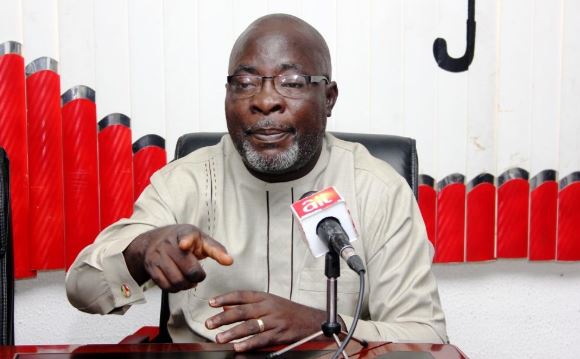The house of representatives has asked the Central Bank of Nigeria (CBN) to hit the brakes on the implementation of the cashless policy it recently re-introduced.
At the plenary session on Thursday, the lower legislative chamber said the policy will lead to a significant decrease in credit extension by Nigerian money deposit banks.
The lawmakers also said the policy will have negative impacts on small and medium enterprises “which are clearly the engine room for growth of the economy”.
In a circular released on Tuesday, the CBN had directed all deposit money banks in the country to charge 3% processing fees for withdrawals and 2% for deposits of amounts above N500,000 for individual accounts.
Advertisement
Corporate account holders will be charged 5% processing fees for withdrawals and 3% for deposits of amounts above N3 million.
The directive was, however, criticised by some Nigerians for various reasons.
In a motion introduced during the plenary session, Benjamin Kalu from Abia state and spokesman of the green chambers urged the lawmakers to call for the suspension of the policy pending further consultations on it.
Advertisement
He said while the policy is expected to reduce risk of cash-related crimes among other benefits, its implementation would have negative impacts on micro, small, and medium enterprises “thereby throwing many of them out of business and sending more Nigerians into poverty”.
Kalu said while Nigerians are still battling with the burden of the numerous bank charges introduced by commercial banks, the CBN deemed it necessary to “impose the implementation of cashless policy on deposits, without due consultations with all shades of stakeholder who will be impacted by the policy”.
“This overbearing burden is aimed at closing down majority of micro, mini, small and medium businesses in Nigeria while enriching Nigerian money deposit banks owned by a privileged few, without any known financial contribution to the consolidated revenue fund of the federation.”
The lower legislative chamber subsequently adopted the notion and urged the CBN to suspend the implementation of the policy “until the appropriate and extensive consultative process is concluded”.
Advertisement
It also directed its committee on banking and currency to meet with the apex bank to ascertain the relevance and need for such measure considering the prevailing economic situation of the country.
1 comments








The introduction of cashless to policy Will increase the prices of goods and services mean while value added tax has been increased to 7.5 percent. The resultants effect is decrease in gross domestic product which will subsequenly reduce growth in economy instead of tampering with rate of taxes it adviseable to reduce the salaries and allowances of political holders and all the taxes collected year by year and all collectible money from corruptpolticians and carreer men if it is totally declared and accountable is surfice to take care of governmental expenditure.